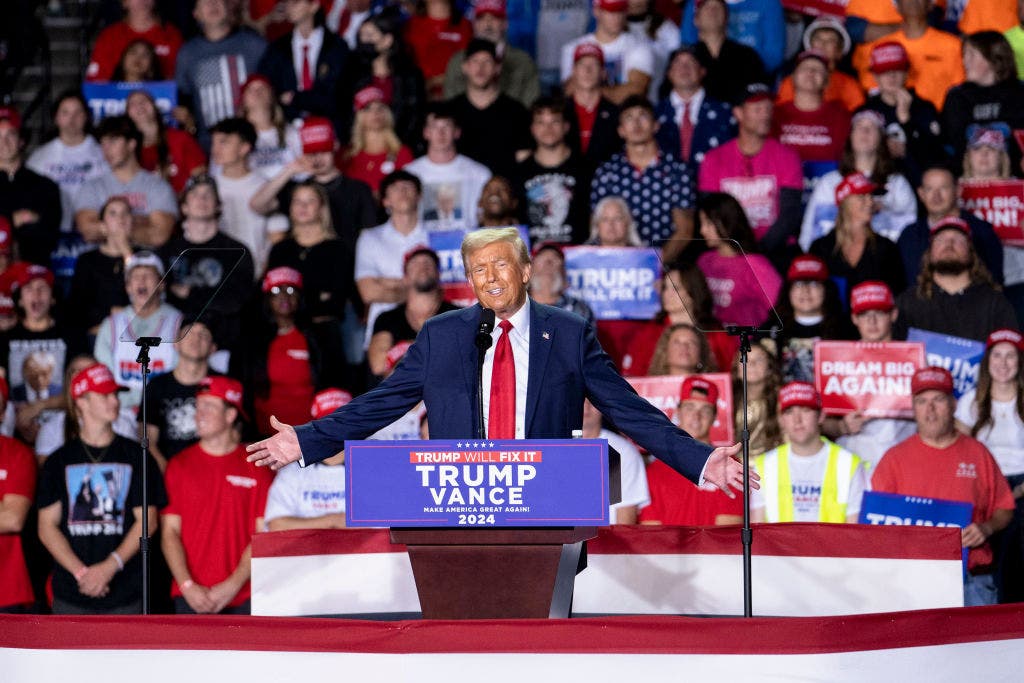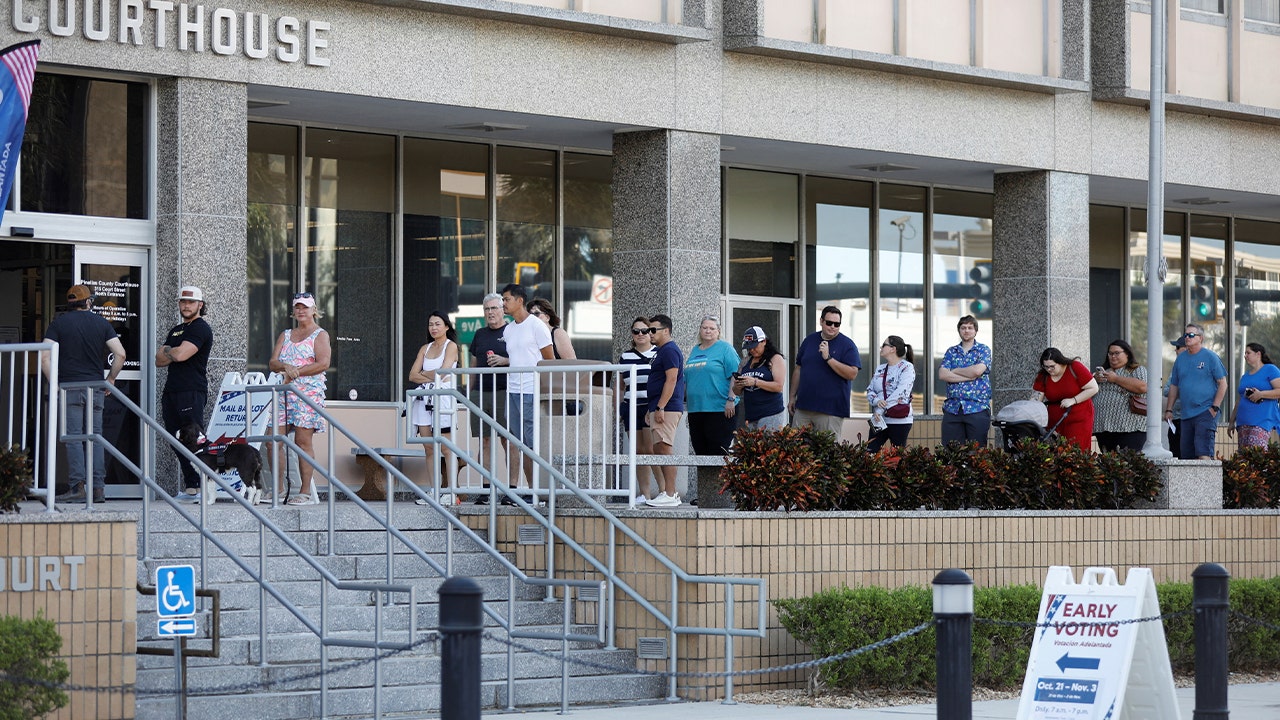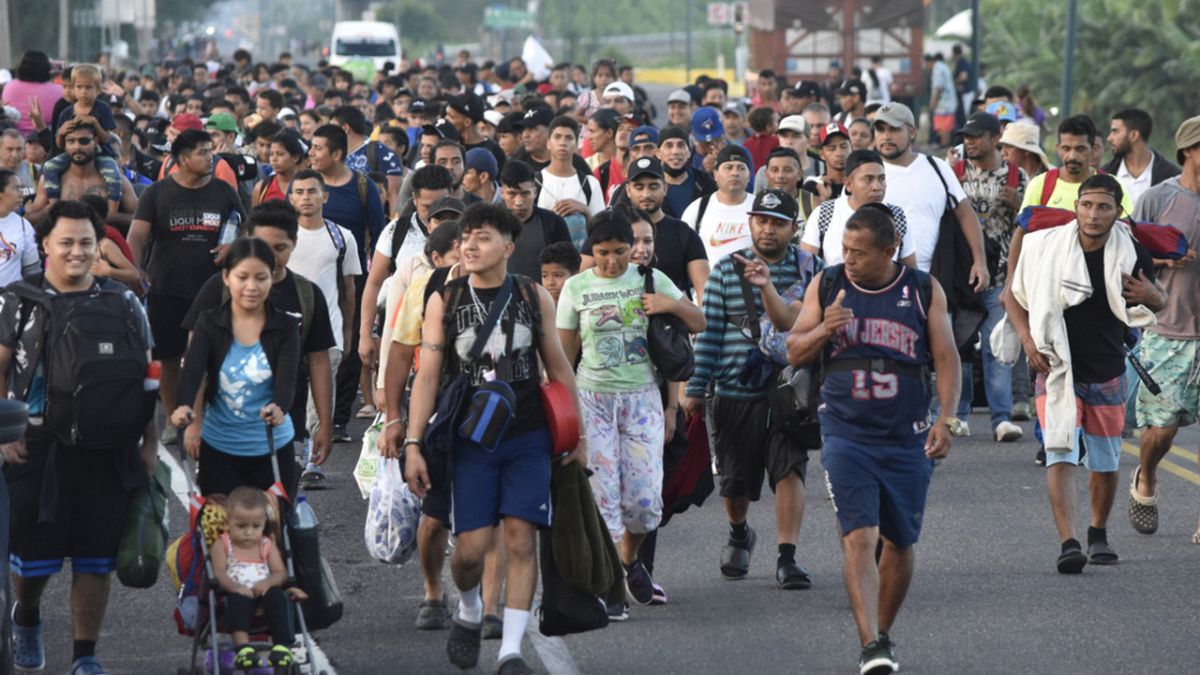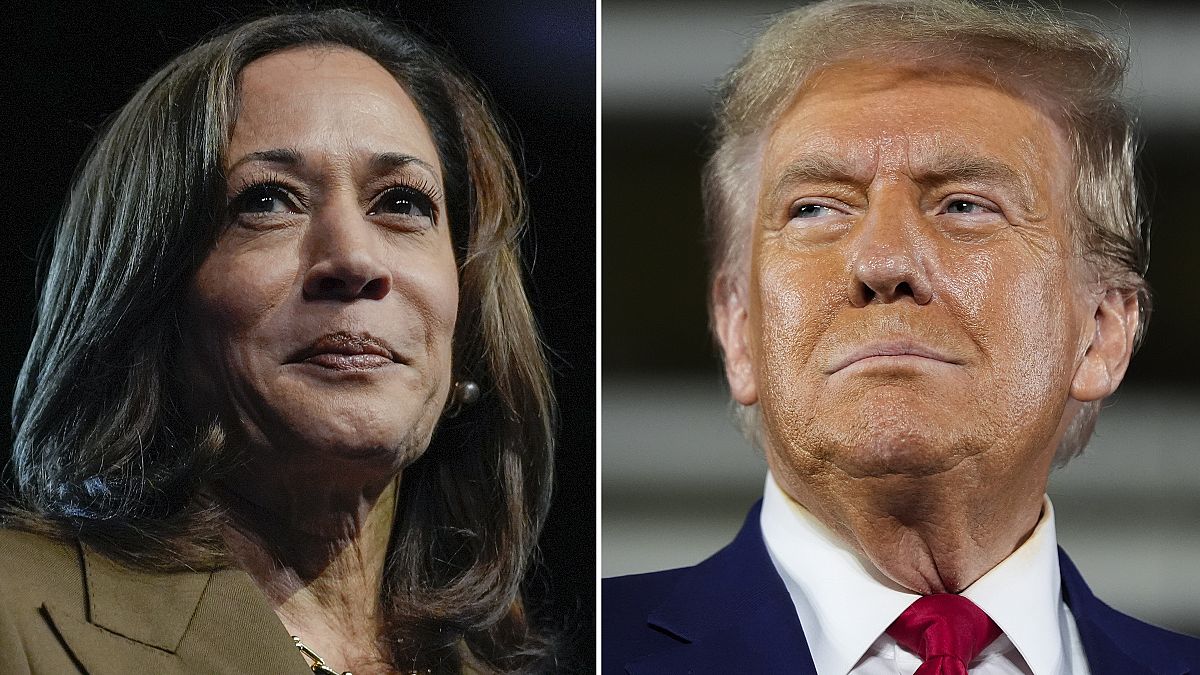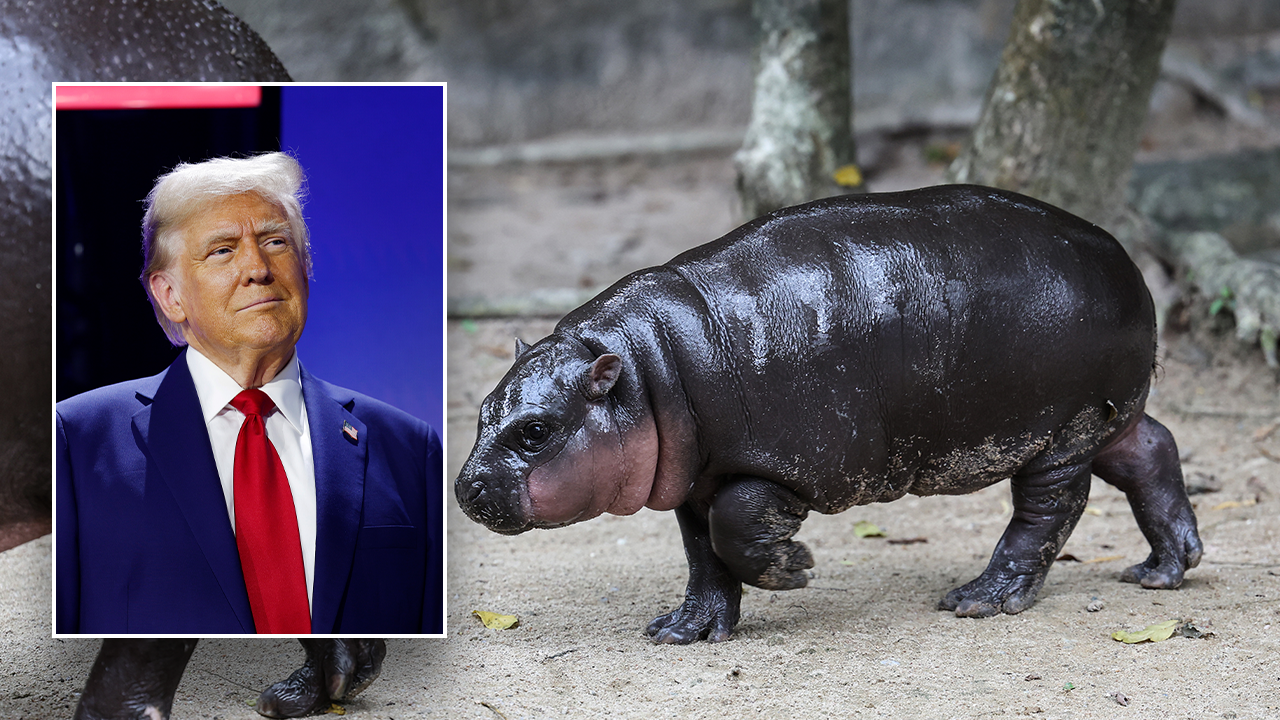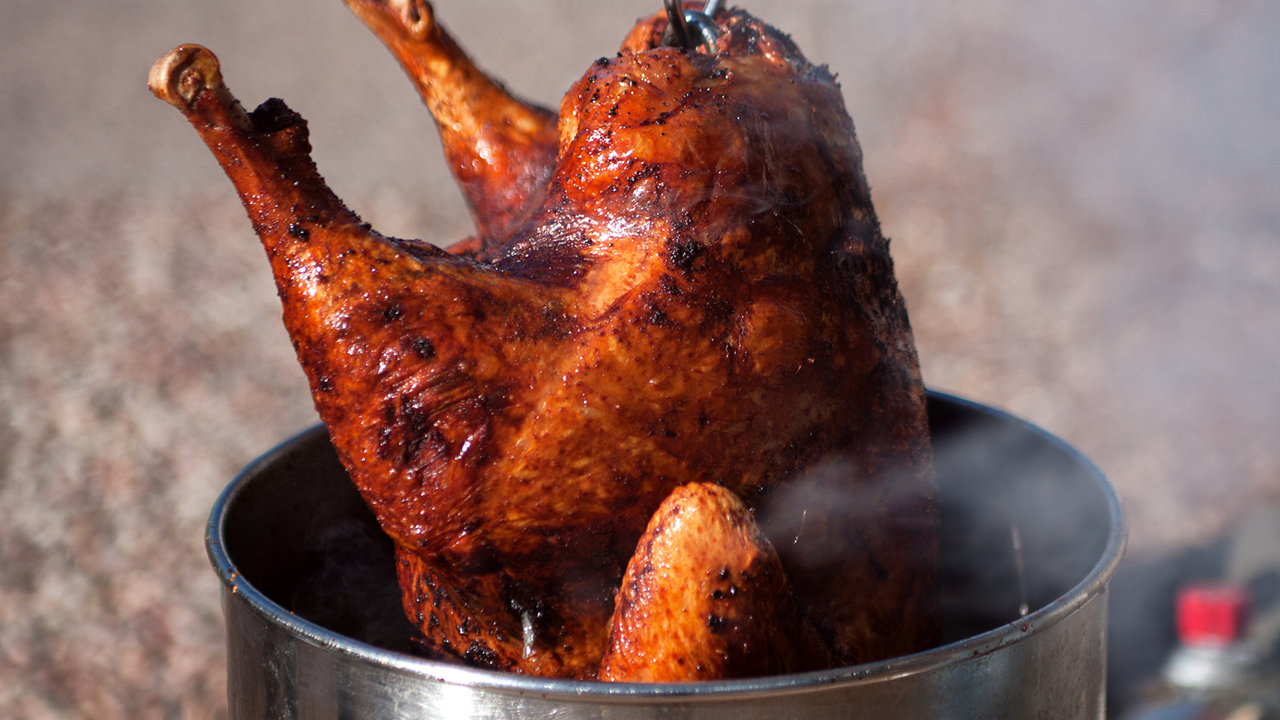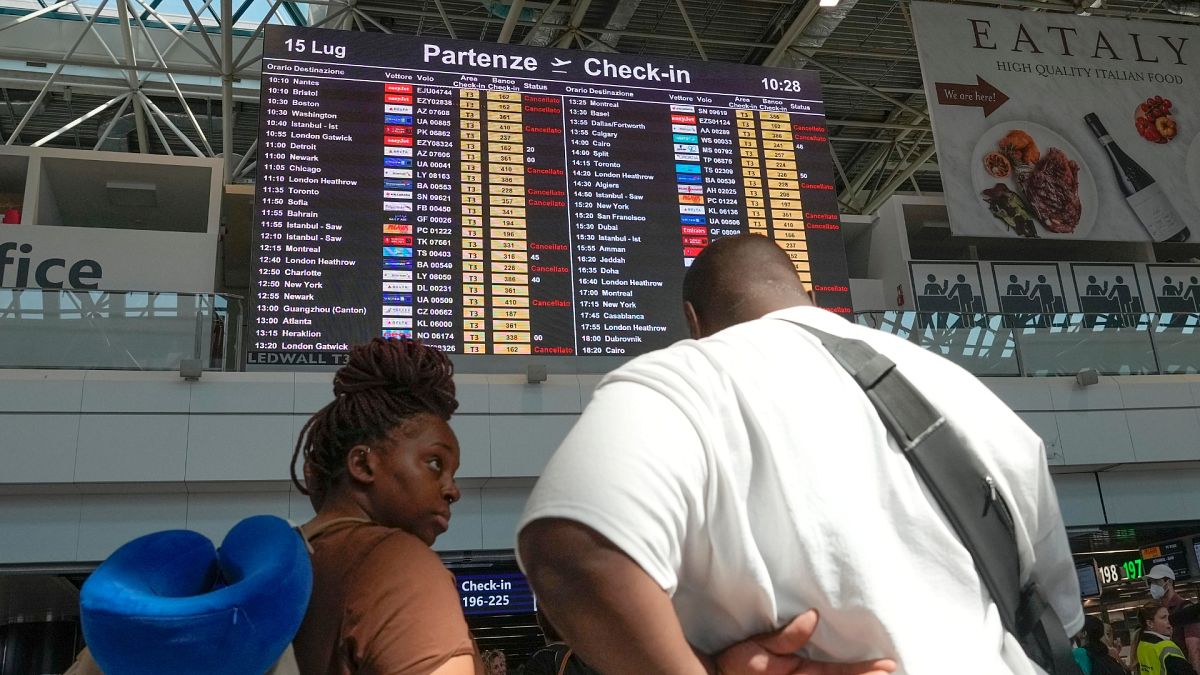Republican presidential candidate envisaged tariff up to 75% on all Mexican goods, in the last of a controversial set of trade proposals
Donald Trump is pushing until the last minute on two of his key campaign topics: migration and trade tariffs.
During a rally in Raleigh, North Carolina, one of the so-called “swing states,” the former US President pledged to implement a 25% tariff on all goods from Mexico as a penalty if the country does not assist in reducing immigration into the United States.
“I will notify her on day one, or even sooner, that if they do not put an end to this influx of criminals and drugs into our country, I will immediately impose a 25% tariff on everything they send to the United States,” Trump stated referring to Mexico’s president Claudia Sheinbaum.
His proposal, Trump said, will work for sure because if the 25% tariff fails to yield results, he would increase it to 50% and then to 75%.
Currently, the US has a trade agreement with Mexico (and Canada) entered into force in July 2020, by which most of the goods crossing the border between the two countries are duty free.
Mexico is indeed both the second largest purchaser of US goods (after Canada) and the second top suppliers (after China), according to The Office of the United States Trade Representative.
If elected, Trump has vowed to introduce various tariffs on all U.S. imports, such as a 20% tariff on all goods from all countries, a 60% tariff on Chinese products and even a 100% tariff on every car produced in Mexico.
He has also proposed substituting federal income tax with tariffs, a claim that has been challenged by fiscal experts, as it would be all but impossible to make up for the lost revenue with increased tariffs.
Any attempt to replace income taxes with tariffs risks also shifting the tax burden from wealthier individuals, who pay higher income taxes, to lower-income families that allocate a larger portion of their income to buy essential goods.
